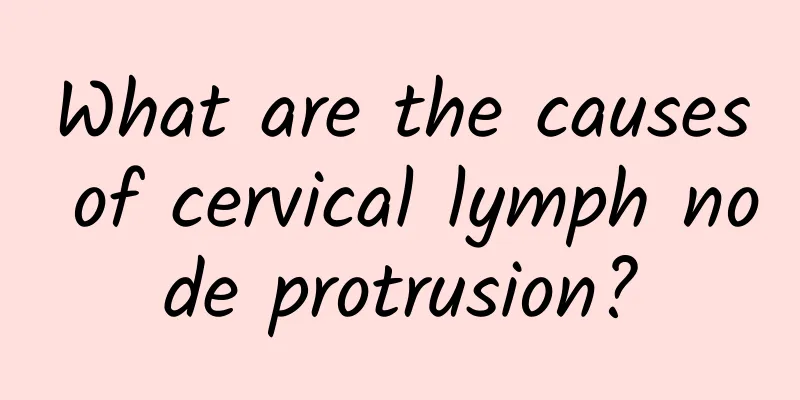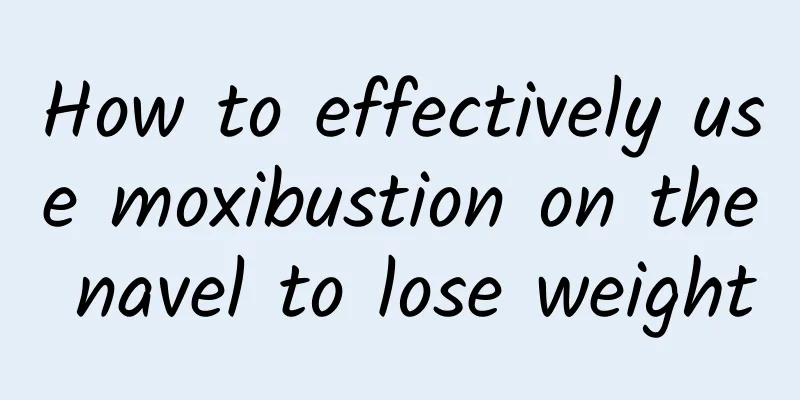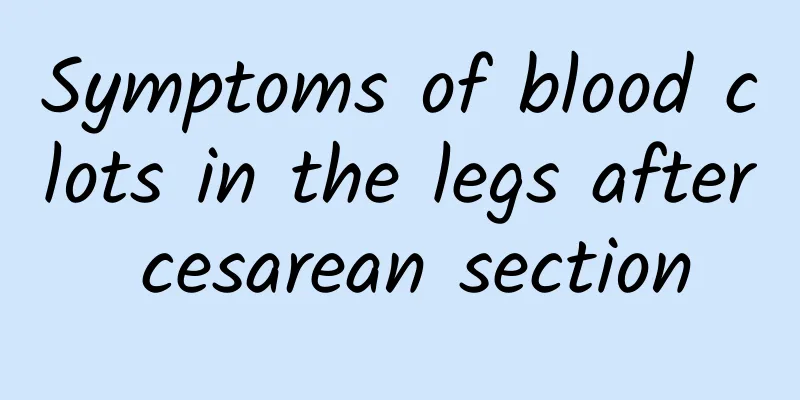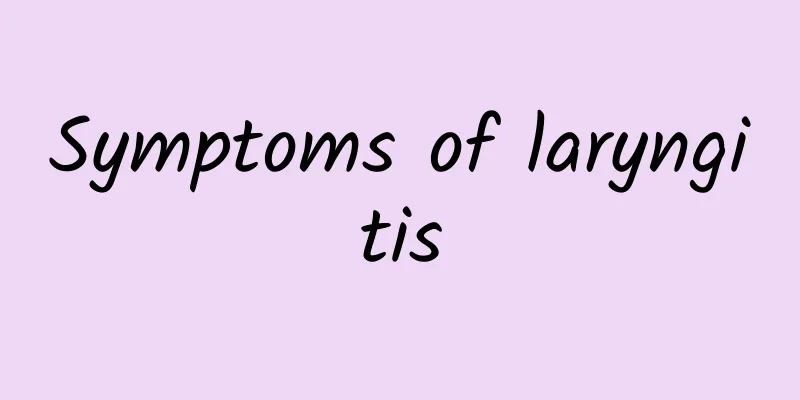What are the adverse reactions to the Haemophilus influenzae type b vaccine?

|
Children need to be vaccinated regularly from birth. It is very common that some adverse reactions will occur after vaccination. Just pay attention and observe. The Haemophilus influenzae type b vaccine may also cause fever, vomiting and other adverse reactions after vaccination. 1. Adverse reactions to Haemophilus influenzae type b vaccine 1. In clinical controlled studies, actively monitor and record daily the symptoms and signs that occur after vaccination. 2. Within 48 hours after vaccination, common local symptoms collected include mild redness at the injection site, which can resolve on its own. Other local symptoms reported included mild swelling and pain at the injection site. 3. Within 48 hours after vaccination, the collected and reported systemic symptoms are mild and can be relieved on their own. These symptoms include fever, loss of appetite, irritability, vomiting, diarrhea and unusual crying. As with all Haemophilus influenzae type b vaccines, there have been reports of the above-mentioned systemic symptoms occurring when this product is administered simultaneously with other vaccines. 4. Extremely rare allergic reactions, including anaphylaxis, have been reported. 2. Precautions As with all injectable vaccines, the rare possibility of an allergic reaction after vaccination requires prompt and appropriate treatment. For this reason, medical supervision should be maintained for 30 minutes after vaccination. Human immunodeficiency virus (HIV) infection is not a contraindication to Haemophilus influenzae type b conjugate vaccine. Although a limited immune response to the progenitor of tetanus toxoid may occur, vaccination with Haemophilus influenzae type b conjugate vaccine alone cannot replace routine tetanus vaccination. Capsular polysaccharide components have been found in urine after vaccination with Haemophilus influenzae type b conjugate vaccine. Therefore, detection of Haemophilus influenzae type b antigen 1-2 weeks after vaccination may not have diagnostic value for infection with Haemophilus influenzae type b. |
<<: What are the side effects of sweat steaming
>>: What foods should I eat if my triglycerides are high? Best dietary principles to keep in mind
Recommend
Will tuberculosis recur?
Tuberculosis is a common lung disease, but many p...
What are the white spots on the penis that look like fat particles?
If some small white spots appear on the male peni...
How to treat Bartholin gland cyst
Diseases such as Bartholin gland cysts are clinic...
How to prevent and treat cervical spondylosis
Cervical spondylosis should actually be called ce...
Causes of Potassium Deficiency
Many friends don’t know much about the disease of...
The efficacy and function of saltpeter
Saltpeter is not only a kind of mineral, it is al...
What kind of dental implants are good and affordable?
Metal-free porcelain teeth are good and affordabl...
What is the best medicine for getting angry?
Getting angry is quite common in life. For exampl...
What are the treatments for baldness?
Baldness is a common phenomenon among middle-aged...
Fingers often feel numb, don't let these diseases "compete"
A person's ten fingers are organs that are fr...
What causes rotten mouth corners
Sore corners of the mouth is a very common phenom...
Can dandelion cure hepatitis?
Dandelion, also known as "dandelion", i...
What causes numbness on the right side of the face?
Judging from the clinical symptoms, numbness in t...
Will there be scars after canthoplasty surgery?
When it comes to changing one's face, I belie...
Self-treatment for depression
Depression is actually the most common mental hea...









